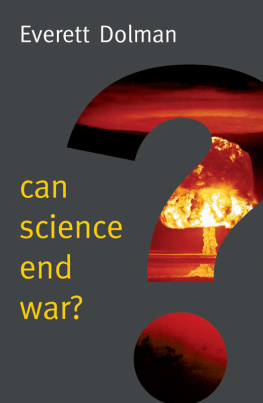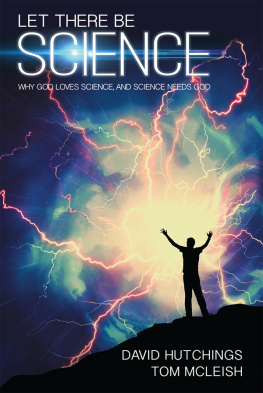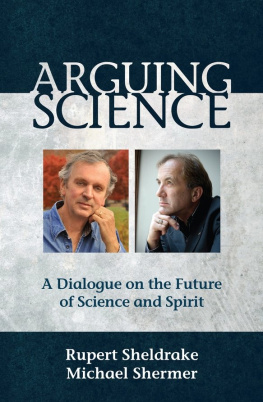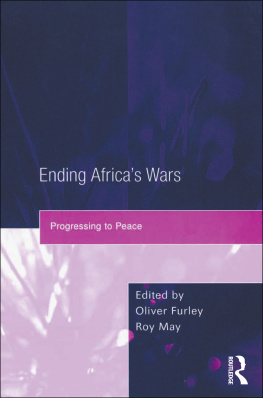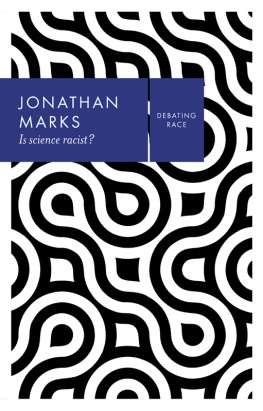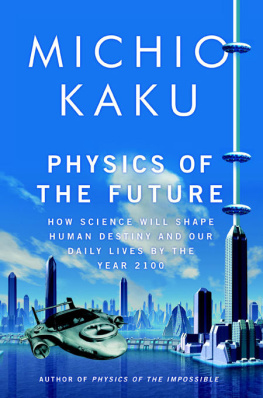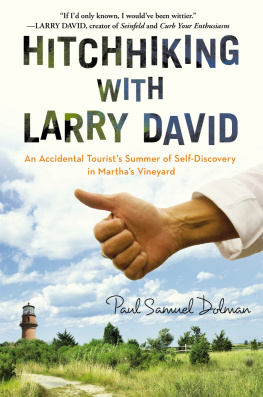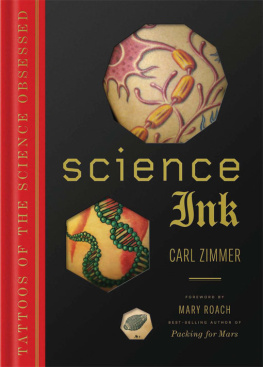
Series page
New Human Frontiers series
- Harry Collins, Are We All Scientific Experts Now?
- Everett Carl Dolman, Can Science End War?
- Mike Hulme, Can Science Fix Climate Change?
- Hugh Pennington, Have Bacteria Won?
Copyright page
Copyright Everett Carl Dolman 2016
The right of Everett Carl Dolman to be identified as Author of this Work has been asserted in accordance with the UK Copyright, Designs and Patents Act 1988.
First published in 2016 by Polity Press
Polity Press
65 Bridge Street
Cambridge CB2 1UR, UK
Polity Press
350 Main Street
Malden, MA 02148, USA
All rights reserved. Except for the quotation of short passages for the purpose of criticism and review, no part of this publication may be reproduced, stored in a retrieval system, or transmitted, in any form or by any means, electronic, mechanical, photocopying, recording or otherwise, without the prior permission of the publisher.
ISBN-13: 978-0-7456-8595-3
ISBN-13: 978-0-7456-8596-0(pb)
A catalogue record for this book is available from the British Library.
Library of Congress Cataloging-in-Publication Data
Dolman, Everett C., 1958
Can science end war? / Everett Carl Dolman.
pages cm
Includes bibliographical references and index.
ISBN 978-0-7456-8595-3 (hardback) ISBN 978-0-7456-8596-0 (pbk.) 1. Military art and scienceTechnological innovationsMoral and ethical aspects. 2. ScienceMoral and ethical aspects. 3. Military researchMoral and ethical aspects. 4. WarMoral and ethical aspects. I. Title.
U42.5.D65 2015
355.02dc23
2015014715
Typeset in 11 on 15 pt Adobe Garamond
by Toppan Best-set Premedia Limited
Printed and bound in the United Kingdom by Clays Ltd, St Ives plc
The publisher has used its best endeavours to ensure that the URLs for external websites referred to in this book are correct and active at the time of going to press. However, the publisher has no responsibility for the websites and can make no guarantee that a site will remain live or that the content is or will remain appropriate.
Every effort has been made to trace all copyright holders, but if any have been inadvertently overlooked the publisher will be pleased to include any necessary credits in any subsequent reprint or edition.
For further information on Polity, visit our website:
politybooks.com
PREFACE: BE CAREFUL WHAT YOU LOOK FOR
This is a book about the promise and limitations of science and scientific thinking in the context of war. It is meant to inform those conscientious scientists and engineers who are continually stymied by the political and social impediments blocking their research and development by providing a logic for external limitations for their work, and equally to those skeptical ethicists who decry the soulless march of scientific knowledge and seek refuge in a return to some mystical past. Science is the most promising route to a future of prosperity, equality, and peace, but its output will always be subject to cooption by those who see in it the surest route to political control and victory in war. We are mired in the uncomfortable impasse that we can neither dispense with science nor assign to it mastery of our destiny. What is efficient is not always effective; what is effective is not always good; and what is good is too rarely efficient or effective. Thus science alone cannot find a solution to war, nor can politics or morality by themselves.
I grew up practicing duck-and-cover drills in grade school, convinced that World War III was not only inevitable, but terrifyingly imminent. Even as a 6-year-old, I was painfully aware that hiding under my desk would be little protection from a nuclear strike, and I still occasionally have nightmares in which I am pinned under concrete and rubble while my skin sloughs away in translucent sheets.
As a precocious student, I looked to science and technology as the last, best hope for humankind. Rational minds had to prevail. Science was my religion, its methodology my fetish, and war my gruesome fascination.
After university, at the peak of the Cold War, I joined the US Army and was assigned to the National Security Agency as an analyst. I took computer courses on an Apple II-c, and soaked up graduate seminars in systems theory and global cultures. I did well enough that I eventually became the first Army lieutenant assigned to United States Space Command/North American Aerospace Defense at Cheyenne Mountain in Colorado. Naturally attracted to science fiction my boyhood heroes were Asimov, Clarke, and Heinlein I felt I had a home, and transitioned to civilian service.
When the first Gulf War kicked off in 1991, I was placed in charge of a crisis team looking for SCUD missiles. For my efforts I was rewarded with the time and resources to pursue a doctorate in international relations at the University of Pennsylvania, with a focus on world space systems and policy. The department's remarkable faculty opened my mind to further scientific study most especially social conflict and war but more so to the philosophical underpinnings of political issues. I recognized that I had focused too closely on the how of war and science, and not the why.
After teaching political science for several years at public and private universities, in 2001 I joined the faculty of the US Air Force's School of Advanced Air and Space Studies. This remarkable school accepts 45 of the most decorated and exceptional mid-career officers in the armed forces of the US and a dozen allied nations, and subjects them to a year of intense liberal arts education in history and the social sciences unique in their combined experience with professional military training. In my 14 years of exposure to these magnificent men and women, I have learned far more than I have taught.
Although based on more than 30 years of study and experience with scientific and military organizations dedicated to the practice of war in the hope that it might ensure peace, this book would not have been possible without the encouragement and critical examinations of my editors at Polity, the incomparable Emma Longstaff and Jonathan Skerrett, as well as Christopher Coker and Michael Evans who reviewed the initial draft and made enormously helpful comments.
ONE
Can Science End War?
Now I am become Death, the destroyer of worlds.
J. Robert Oppenheimer
On July 16, 1945, J. Robert Oppenheimer, the father of America's atomic bomb, was a nervous wreck (Morton Szasz 1992: 71). He was chain-smoking and his weight had dropped precipitously, to less than 115 pounds. General Wesley Groves, Commander of the Manhattan Project, was so worried that he had recently ordered mandatory psychological evaluations for all his top scientists to determine if they were still mentally stable enough to carry out their duties (Clarfield and Wiecek 1984: 51). It seemed as though nothing would go as planned. Preparations for the first atomic explosion had been frantically underway at the Trinity test site near Alamogordo for months, but a rare tropical air mass had moved in the previous week, transforming the usually arid New Mexico desert into a muddy quagmire. Technicians were still making repairs after a bulldozer accidentally cut the main cable from the control center to the tower that held the bomb some 20 feet above the ground. Making matters worse, that very morning a report came in from a test of the conventional-explosives atomic detonation device (the so-called Chinese copy, a mock-up of the Trinity bomb without fissile material) that there wasn't enough explosive power to initiate a chain reaction in the plutonium (Rhodes 1986: 6567). Trinity could very well be a dud.
Next page
